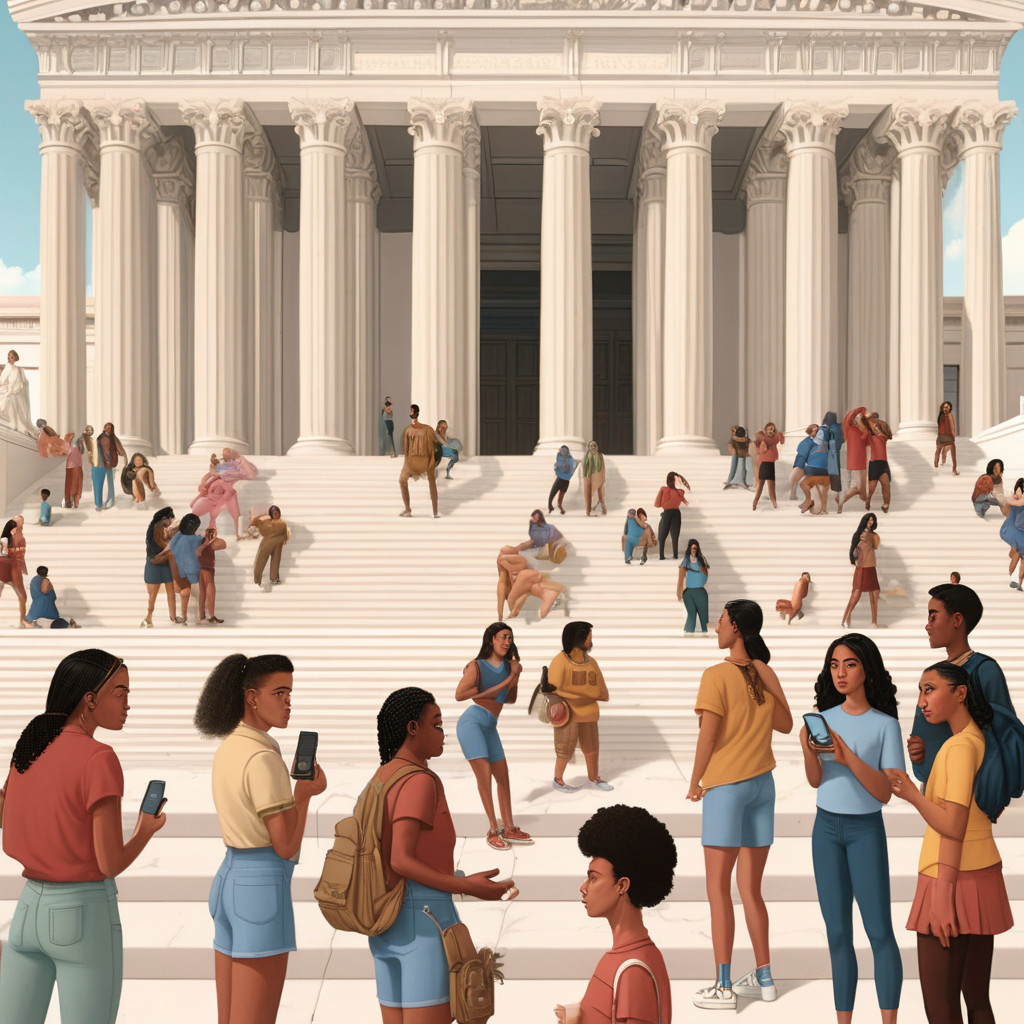TikTok Facing Ban in the US: What This Means for Users and Businesses
In a recent landmark decision, the Supreme Court has mandated that TikTok, the popular social media platform, is to be banned in the United States if it remains under the ownership of its Chinese parent company, Bytedance. This ruling has sent shockwaves through the tech world and left millions of users and businesses wondering about the implications of this ban.
For many, TikTok has become a staple in their daily online interactions, offering a unique space for creativity, entertainment, and communication. With its short-form videos and viral challenges, TikTok has captured the attention of a diverse global audience. However, concerns over data privacy and national security have prompted the US government to take action against the platform.
If TikTok is indeed banned, users will lose access to a platform that has not only provided endless hours of entertainment but has also served as a launchpad for many aspiring content creators. The vibrant TikTok community, known for its memes, dances, and challenges, could be forced to migrate to alternative platforms, disrupting the digital landscape.
Moreover, businesses that have leveraged TikTok for marketing and advertising purposes will need to rethink their strategies. The platform’s unique algorithm and ability to make content go viral have made it a valuable tool for reaching a younger demographic. A ban on TikTok could mean lost opportunities for businesses to connect with their target audience in innovative ways.
In response to the Supreme Court ruling, there is speculation that Bytedance may be compelled to sell TikTok to a US-based company to avert the ban. Several tech giants have been rumored to be interested in acquiring the platform, signaling a potential shift in ownership that could safeguard TikTok’s presence in the US.
As we approach the deadline set by the Supreme Court, the fate of TikTok hangs in the balance. Will a last-minute deal be brokered to save the platform, or are we witnessing the end of an era in social media? Only time will tell how this situation unfolds and what it means for the millions of TikTok users and businesses that have made the platform a central part of their online experience.
In conclusion, the Supreme Court’s ruling on TikTok’s ban in the US marks a significant turning point in the ongoing debate over data privacy and national security. While the decision has raised concerns among users and businesses alike, it also presents an opportunity for reflection on the role of technology in our lives and the need to strike a balance between innovation and security. As we await further developments, one thing is clear: the future of TikTok hangs in the balance, and its outcome will have far-reaching implications for the digital landscape.

